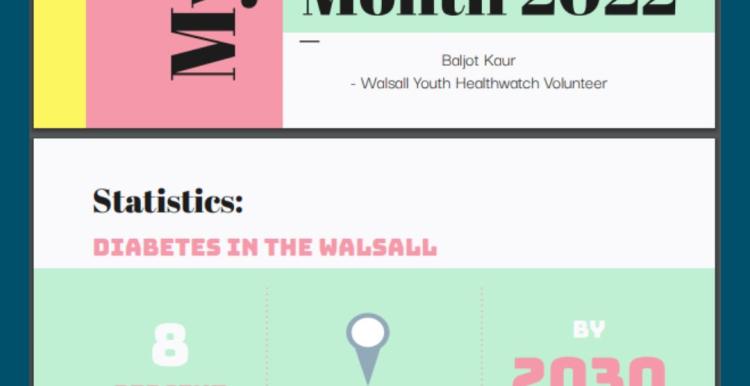One of our young persons made a presentation for Diabetes Awareness Month
A great graphical and informative presentation. Well done Baljot Kaur, great work.

Downloads
File download

NHS and social care staff are doing everything they can to keep us well during these challenging times, but there might be things that can be improved for you and your loved ones, both in the area you live in and across the country.